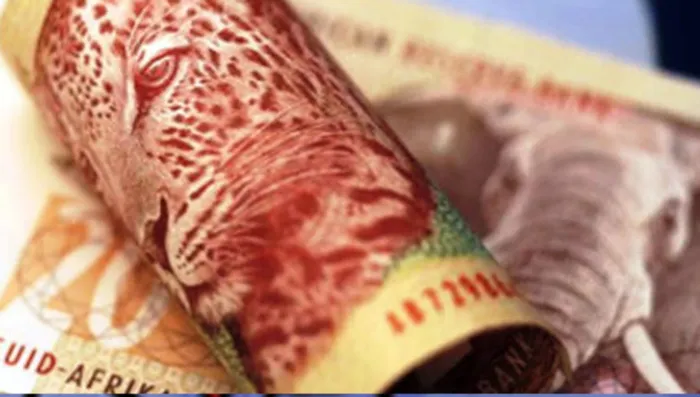Upcoming 2020 GDP data to show true devastation of Covid-19

Statistics South Africa will on Tuesday next week release the fourth quarter and full year (2020) Gross Domestic Product report. File picture.
Statistics South Africa will on Tuesday next week release the fourth quarter (Q4) and full-year (2020) Gross Domestic Product (GDP) report.
The data will come hot on the heels of the national budget, tabled just last week (February 24) by finance minister, Tito Mboweni. In his speech, the minister upwardly revised South Africa’s growth prospects, citing improved global conditions and the easing of lockdown restrictions.
He now expects the domestic economy to have contracted by -7.2% for 2020, a slight improvement from the -7.8% contraction that he had projected in October 2020, when tabling the medium-term Budget Policy Statement (MTBPS).
While the projection of -7.2% looks relatively better, when compared to the 2019 growth figure of 0.2%.
However, it has become evident that to a certain degree, the coronavirus (Covid-19) pandemic disrupted economic activity.
Before the pandemic, STANLIB’s Chief Economist, Kevin Lings expected 2020 economic growth to have outperformed 2019, as the year had ended in recession.
“We missed out on 8% economic growth due to Covid-19.
“That is massive. We had not grown before the pandemic.
“So when the pandemic hit, it was a huge step backwards,” Lings told BRO.
For Argon Asset Management’s economist, Dr Thabi Leoka the fourth quarter results are likely to reflect a little bit of improvement from the first three quarters.
She said the reason for this was because there was some economic activity in the first quarter but the lockdown, which started in March 2020, probably undermined this.
“December is usually the busiest period of the year and for many retailers and many tourism-related companies.
“The lockdown came at a time that was critical for economic growth,” Leoka said.
Meanwhile, head of Investment Strategy at Absa Global Investment Solutions, Ricardo Smith said he expected the GDP announcement to show a moderately negative print even though there was “strong” recovery in the third quarter.
“The fourth quarter expectation is largely for a moderate contraction.
“Looking at the demand-side data, retail trade sales were down, wholesale trades were weak and nominal motor trade was down and electricity demand was also weaker in December than it usually is.
“We also had rising corporate liquidations. On the production side, mining was down.”
What needs to be done?
According to Leoka for the economy to grow, there needs to be investments and the high unemployment rate needs to be curbed.
“You cannot have 40% of the working population that is unemployed.
“You need everyone to produce something, to be active in the economy.
“To have sustainable growth, we need to increase investment that will revive the economy.”
Money needed to flow into infrastructure development in order for employment to be created and for the former to lead to sustainable growth, Leoka said.
Meanwhile, Lings said the government needed to fast track the rollout of the Covid-19 vaccine for businesses to gain confidence.
“Can we recover fully? Yes, if the vaccine is rolled out. Avoiding load shedding can also help. We can reach 3 to 4% GDP growth this year," he said.
Smith said regarding the Covid-19 perspective, it was comforting to see that the numbers were down.
Curbing the spread of viruses should be number one on the agenda, he contended.
The future?
Economic recovery, according to Lings, is a two-year process.
“This year is about getting things going.
“Opening up the economy at a low base, avoid mistakes, avoid load shedding and strikes.”
He projected that the country would, in 2022, be back to normal when companies were confident about the vaccine.
“We will have a good story. In the fourth quarter, we did OK with some growth.”
Leoka, however, said she was not optimistic about the future of the economy as there was a lot that still needed to be done.
She cautioned that the problem with South Africa was the implementation of ideas and “vague” timeline deliverables.
“That is what makes me negative about the economy. Once we start seeing implementation, that is when my sentiments will change," she said.
Smith said he hoped that the economy would get out of the rut. “The key is to get out of the Covid-19 environment.
“The other key is whether the government can implement all the plans that it set out to achieve.”
BUSINESS REPORT ONLINE
Related Topics: